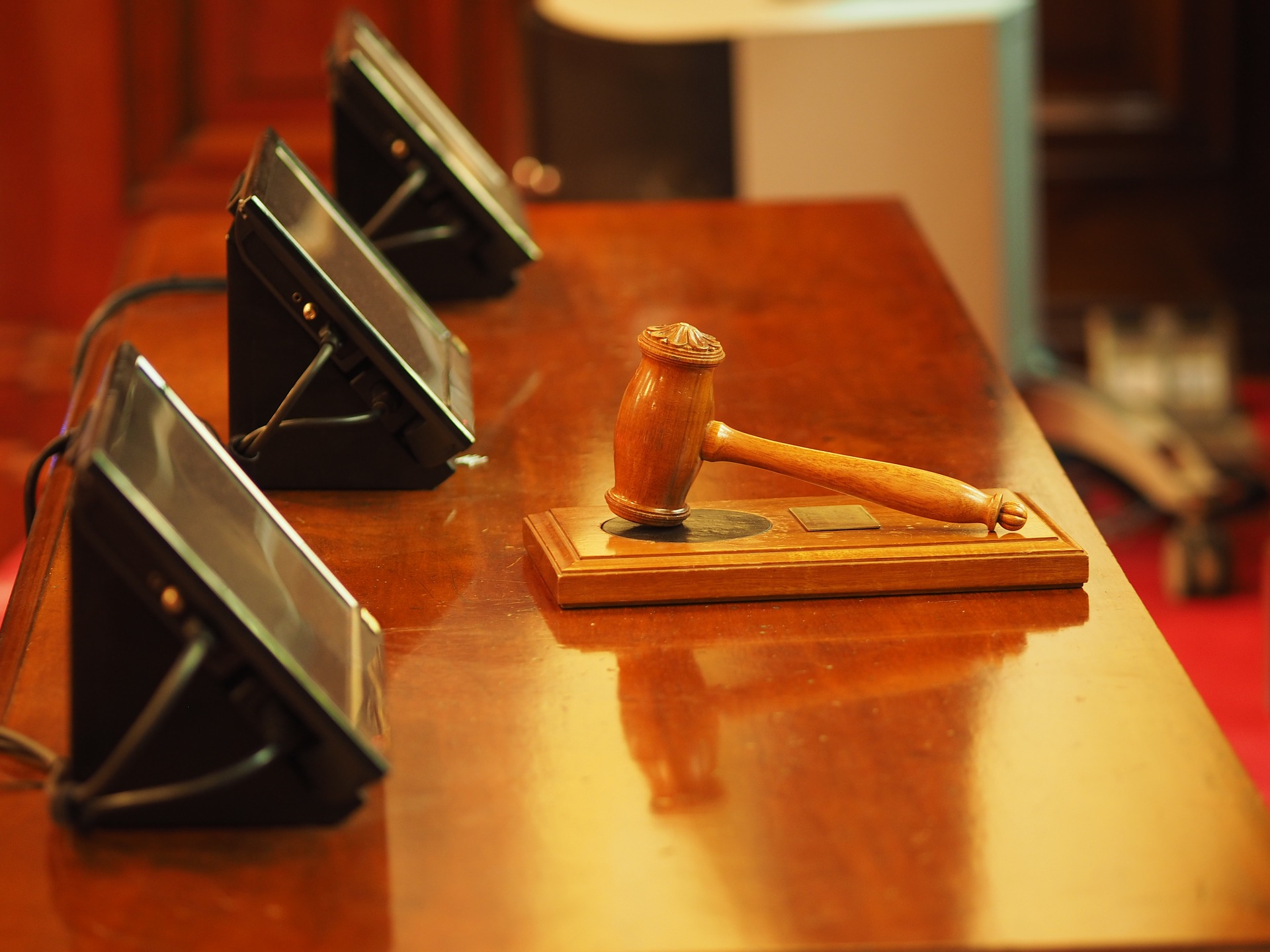Show cause hearings: If you’ve ever dabbled into understanding your rights as a citizen of Massachusetts or taken the time to understand basic law concepts, then you may have heard of this concept before.
Whether it concerns a felony or a menial crime, the concept of show cause hearings are bound to become prevalent for specific violations that require insight and examination before a final ruling is administered. Although this concept has been a crucial part of the state’s legal system since it was established, many still find themselves unfamiliar with it. Yet, it is never too late to get acquainted with the essential pieces of knowledge.
The concept, by definition
In essence, show cause hearings are a type of legal process held before a Massachusetts district court magistrate.
Throughout a formal hearing, a professional of the court (or the district court magistrate) must establish whether or not there is probable cause that a defendant committed the crime they are accused of. In this process, the prosecution must demonstrate that the evidence gathered and submitted to the court shows reasonable grounds for an accused party to be charged for a listed crime.
If a court magistrate determines a probable cause because you committed the crime, you will be subsequently provided with a date for your arraignment. It is during this process where charges will be formally brought against you for later sentencing.
When is it made available?
Generally, these hearings are made available to a specific party if they are accused of committing a misdemeanour crime that they were not arrested or apprehended for. Such a process may be requested within four days of receiving a motor vehicle citation (which must subsequently detail misdemeanour charges) to be recognised as a valid petition.
If you are accused, are you allowed to bring witnesses?
According to the Massachusetts law, accused parties who have been charged with a specific misdemeanour or felony may be able to bring witnesses to a show cause hearing.
If you are accused of a crime that you didn’t commit, then it is critical to bring a witness as they will testify in front of a jury who may still be convinced of your innocence if the statement presented is valid. Additionally, having a witness provides a crucial advantage as their narrative will be accounted for by a court stenographer, creating a document that further reinforces your innocence.
How you can best prepare for a show cause hearing
When you are called to invoke your right to request for a show cause hearing, you are given the critical opportunity to prove your innocence before you are scheduled for an arraignment.
During the period leading up to your hearing date, it is paramount that you enlist the help of a defence counsel who can accompany you and help develop a compelling case that may dispute claims made against you. Apart from accompanying you to a hearing, having an experienced attorney—such as The Fernandez Firm’s team of lawyers—makes it easier to compile anything that will help prove your innocence.
Conclusion
Show cause hearings provide a crucial opportunity for any party accused of a crime to prove their innocence to prevent themselves from being prosecuted for a crime they are not guilty of. By taking this guide into mind, you can avoid implicating yourself while freeing up the opportunity to strategically and systematically refute claims made against your case.
The Fernandez Firm is a professional criminal law firm in Boston specialising in criminal defence, wrongful death lawsuits, and medical malpractice cases. Get in touch with us today to learn more about how we can best help you take on your upcoming show cause hearing!



